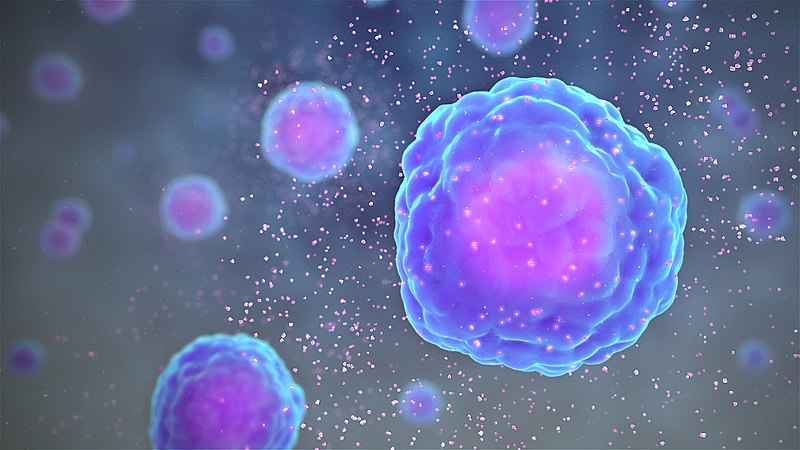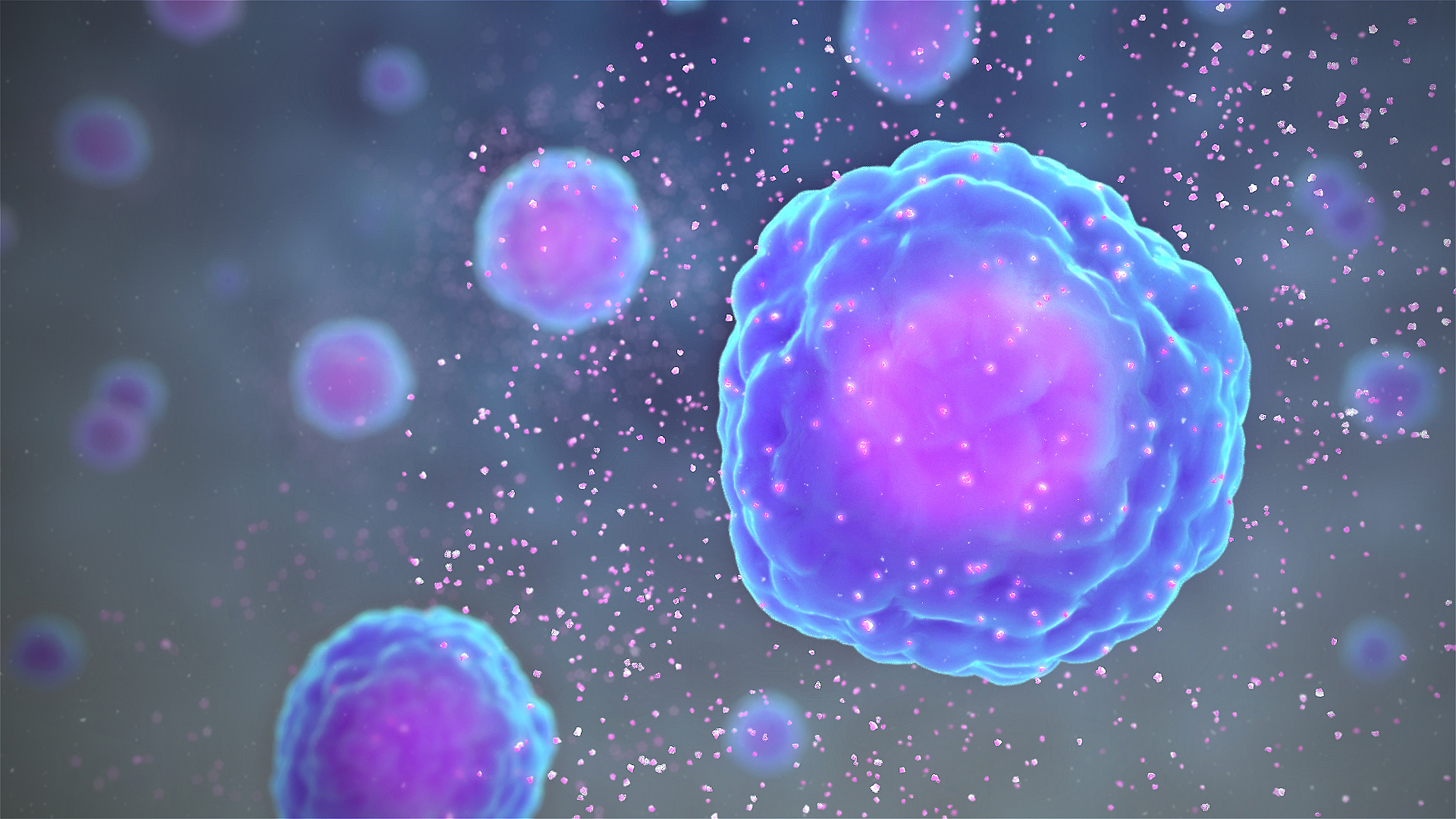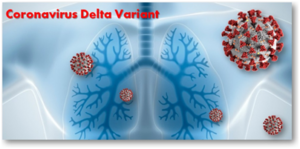Cytokine storms and T-cell counts may throw light on COVID-19 treatment

Neucrad Health June 27, 2020
Every day scientists and researchers are working on new theories of solving the COVID-19 puzzle. One of the popular findings doing the rounds of the scientists’ community is the association of cytokine storms leading to depletion T cells counts and the severity of SARS-CoV-2 infection. It is a fact that T cells play a significant role in developing immunity against the virus. However, according to a recent study published in the journal Frontiers in Immunology on May 01, 2020, researchers pointed out that COVID-19 patients have a critically low level of these immune cells. The severity of the coronavirus infection remains negatively correlated to the number of T cells in the patients’ bodies. Let us have a look at the relationship between the cytokine storms and the severity of SARS-CoV-2 infection.

What are Cytokines?
The name “cytokine” traces its origin two Greek words- “cyto” = cell and “kinos” = movement. It works as signalling molecules for cells and helps in communication in the immune system. Whenever there is a threat to the body from external sources, cytokines stimulate the movement of T cells to the infection site and negate the inflammation, infection and trauma. The receptors of cytokines and these signalling molecules demonstrate a high affinity for each other. Chemically, cytokines belong to the category of proteins, peptides or glycoproteins.
What are Cytokine Storms?

A cytokine storm is a severe immune reaction when the immune system releases a huge number of cytokines within a short time interval. Though cytokines are a crucial member of the defence mechanism of our body, the introduction of too many cells may impact negatively on the system. Scientists have recorded cytokine storms in patients when there are severe infections or autoimmune conditions. Sometimes, immunotherapy may also result in these chemical reactions. Symptoms of cytokine storms include very high fever, inflammation, extreme fatigue, redness, and nausea. It can also be a fatal condition in many patients as there are chances of multiple organs failure.
When does cytokine storms take place among COVID-19 patients?
Researchers at the Third Military Medical University in China documented that most COVID-19 patients showed unusually low T cell counts. The research team examined 522 patients in the age group of 5 days to 97 years. They also evaluated the T cell counts of 40 healthy individuals as control. Out of the 522 patients, 499 people demonstrated deficient immune cells. They also registered that ICU admitted patients had lower T cell counts than non-ICU patients [1].

We know that T cells play a crucial role, especially during the early stages of viral infections. Cytokine storms might have catapulted the vast release of T cells in these patients, which ultimately got exhausted fighting the SARS-CoV-2 virus. The storms made them vulnerable to secondary infections and have also led to multiple organ failures. It is the reason author Dr. Yongwen Chen asked health experts to pay more attention to T cell counts rather than other associated symptoms and their respiratory distress. Managing the T cells in the early stages may help in reviving these patients.
What can we do to revive patients who underwent a cytokine storm?
When doctors find a patient has witnessed a cytokine storm, and his T cell counts are abnormally low, they administer Tocilizumab and Remdesivir like medicines. These drugs help in the quick recovery process of COVID-19 victims by improving the number of immune cells. However, at this point, more research is necessary on this domain to find out effective medications to stop the occurrence of cytokine storms.
Stay tuned to Neucradhealth to know about more interesting news on Medical Science.

References:
1. Reduction and Functional Exhaustion of T Cells in Patients With Coronavirus Disease 2019 (COVID-19)









